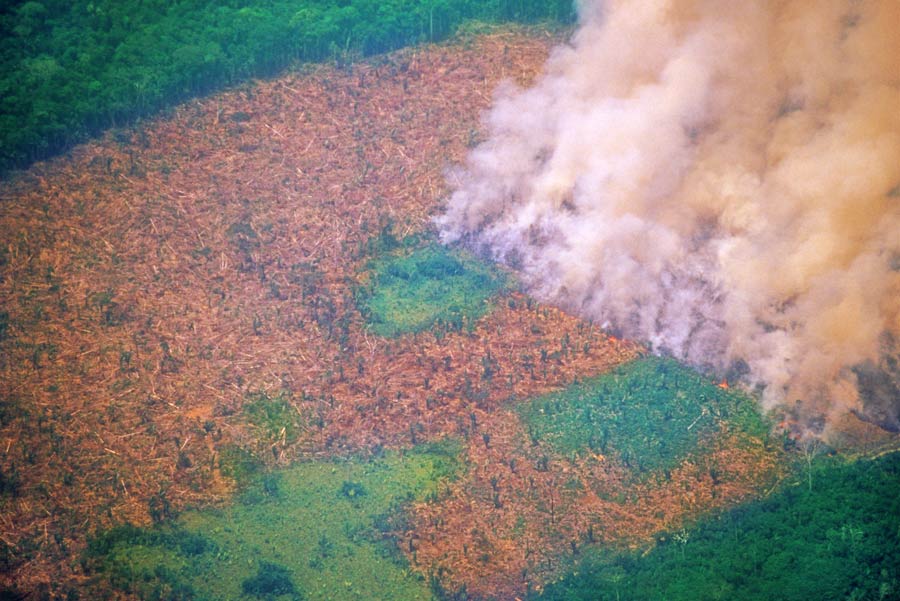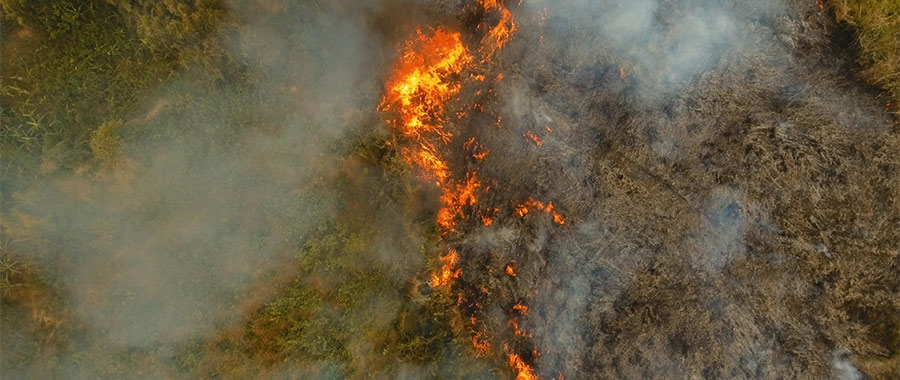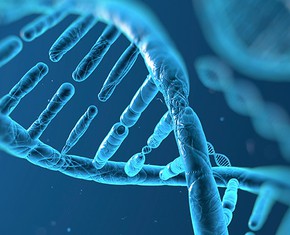The views expressed in our content reflect individual perspectives and do not represent the authoritative views of the Baha'i Faith.
The other day I ate a burger at a fast-food restaurant. That might sound completely mundane and unremarkable – but I haven’t eaten one in 40 years. Allow me to explain.
I stopped eating red meat in my 20’s, for two reasons. First, when I was a child I met cows I liked. I grew up in a farming community, and although my family didn’t raise cattle, many others did. One of my friends raised a calf for a 4-H project, and I got to know that calf. My friend named it Decaf, which came from the corny old joke: “What do you call a mama cow after she gives birth? De-calf-inated.”
Decaf loved to run and jump in the pasture, licked my friend’s hand when she fed it, and bumped up against both of us affectionately when we petted her coarse fur. Decaf had big, expressive brown eyes, which prompted my friend to say “I wish I had eyelashes like hers.” That little calf seemed to have a friendly personality, and when I ate beef after my friend sold Decaf at a cattle auction, I had the terrible feeling that I might be eating that exact animal.
Secondly, I read this passage from the Baha’i teachings, which recounts Abdu’l-Baha’s response to the question “What will be the food of the future?”
Fruit and grains. The time will come when meat will no longer be eaten. Medical science is only in its infancy, yet it has shown that our natural diet is that which grows out of the ground. The people will gradually develop up to the condition of this natural food. – Abdu’l-Baha, as quoted by Julia M. Grundy in Ten Days in the Light of Akka, pp. 8-9.
This seemed reasonable to me, so remembering my childhood relationship with Decaf the calf, I resolved as a young man to stop eating beef. For four decades, I’ve stayed true to that resolution. But don’t get me wrong – I’m not claiming any moral superiority here. When I made my decision, it had nothing to do with the greater welfare of the world. I had no clue about climate change then, and saw the decision as a completely personal one, predicated only on my feelings and my Faith.
So back to the burger: a fast-food chain in the United States recently started advertising a newly-formulated vegetable-based “faux-meat” burger, and I thought I’d try it. Supposedly, the advertising claimed, it tastes exactly like beef, but has no animal ingredients. You know what? It did taste exactly like the burgers I ate as a kid – delicious. However, no Decafs were harmed in the making of this burger. That made it a win-win, for me and for the cow. I ate that burger with relish. Mustard, too.
All of this might seem pretty silly and inconsequential, but as I read the news coverage of the devastating fires in the Amazon yesterday – and the deliberately-set, forest-destroying blazes raging in many other parts of the world like Angola and the Democratic Republic of the Congo – I remembered something. Those tragic fires, typically meant to burn down thickly-forested jungle to make way for profitable cattle grazing rangeland, not only displace Indigenous peoples and their cultures but also gradually deprive us all of the healthy biome we need to stay alive. The carbon those big fires release into the atmosphere traps solar heat, making for hotter conditions and more fires, creating a massive negative feedback loop.

Ultimately, we’re trading our fast-food burgers – made from cattle raised on decimated rain forest land, which has become a primary source of meat sold by the developed world’s fast-food chains – for the Earth’s climate, our atmosphere and humanity’s future.
That really does seem like a pretty short-sighted trade-off, when you think about it.
Climate science experts have identified the single best thing we could all potentially do to avert the worst consequences of climate change: changing our diets. If we all eat lower on the food chain, they advise – which means consuming a primarily plant-based diet rather than one that relies on the daily consumption of red meat – we will collectively help diminish the amount of carbon-sequestering, oxygen-making forest and jungle sacrificed to the world’s ravenous fast-food burger appetite. Oh, and we’ll each be much healthier, too, not to mention the health of the creatures like Decaf.
Thinking about this simple equation, and reading and watching more news accounts, caused me to contemplate the rush to condemn others for the world’s problems. When global tragedies like the Amazon fires take place, we typically search for a single target we can blame, point shaming fingers on social and traditional media, and then heap great reproach upon that person, politician, country, or corporation. Perhaps, I thought, if we looked more closely at ourselves first, we might get nearer to the root of the issue:
O son of man! If thine eyes be turned towards mercy, forsake the things that profit thee, and cleave unto that which will profit mankind. And if thine eyes be turned towards justice, choose thou for thy neighbor that which thou choosest for thyself. – Baha’u’llah, Epistle to the Son of the Wolf, pp. 29-30.
So if you’re worried about the fires raging in the world’s forests, and the impact those conflagrations will eventually have on humanity and the planet, take Baha’u’llah’s advice and “cleave unto that which will profit mankind.”
















Comments
Sign in or create an account
Continue with Googleor